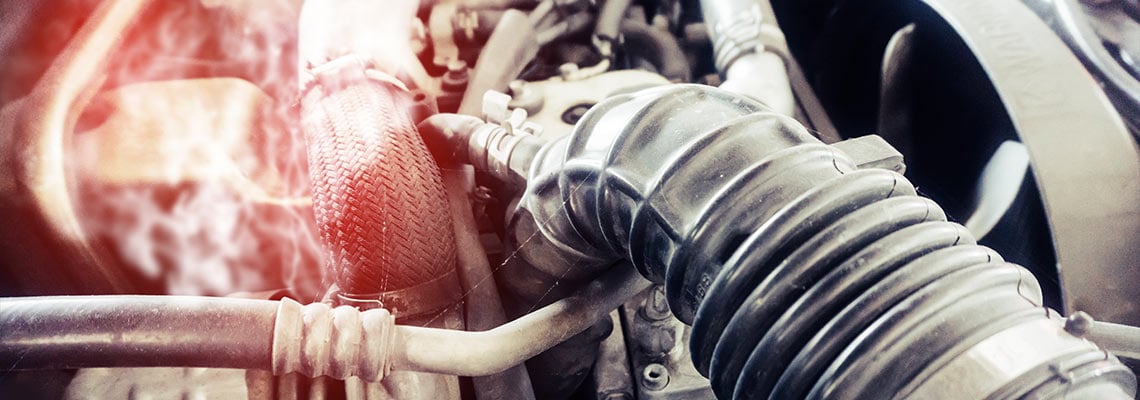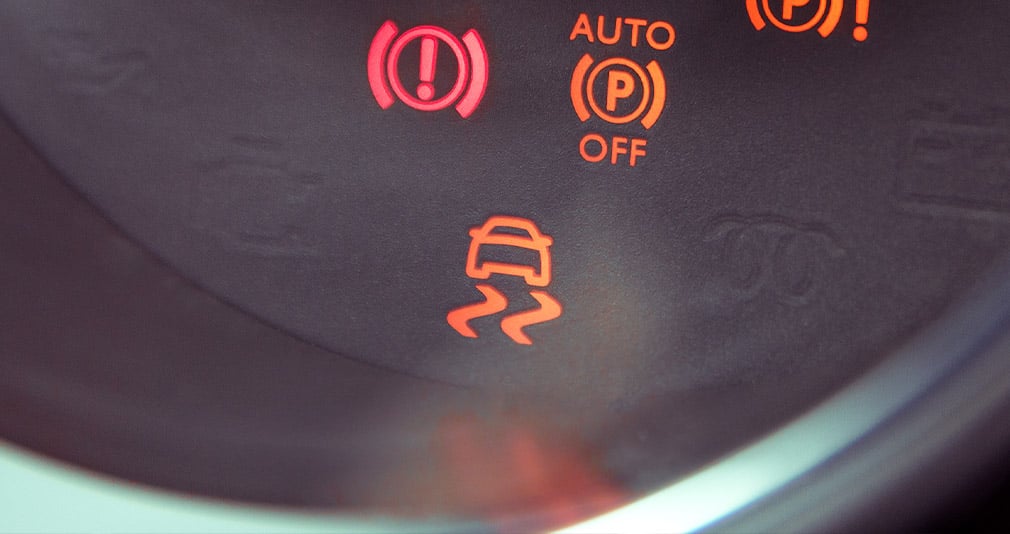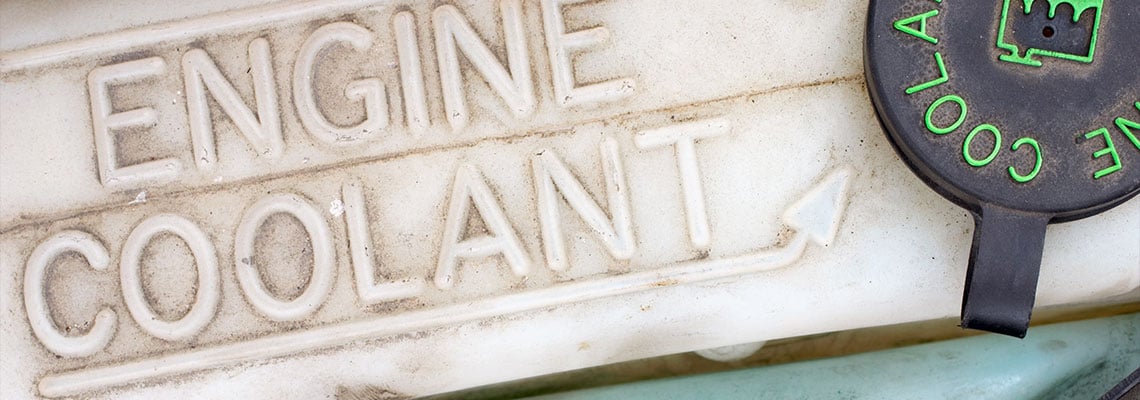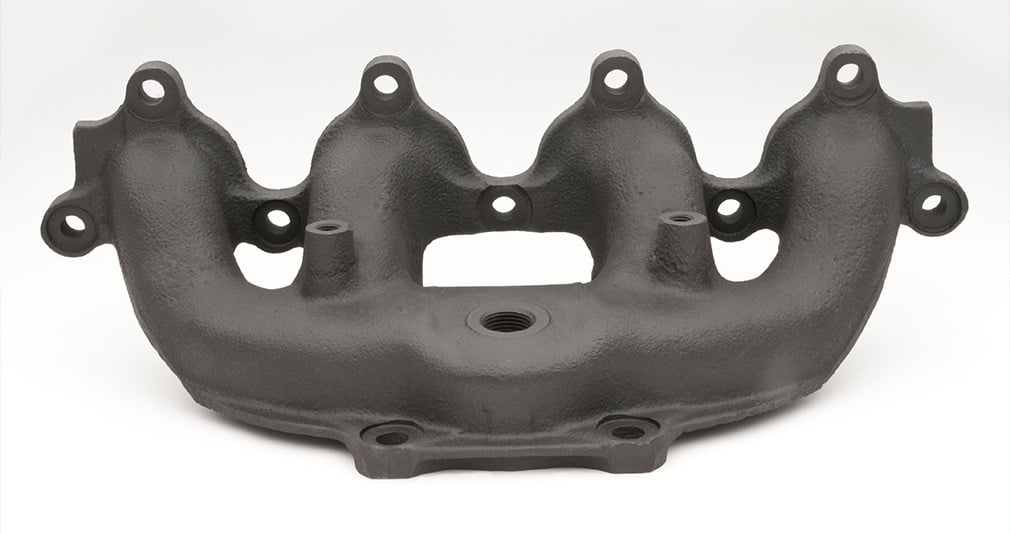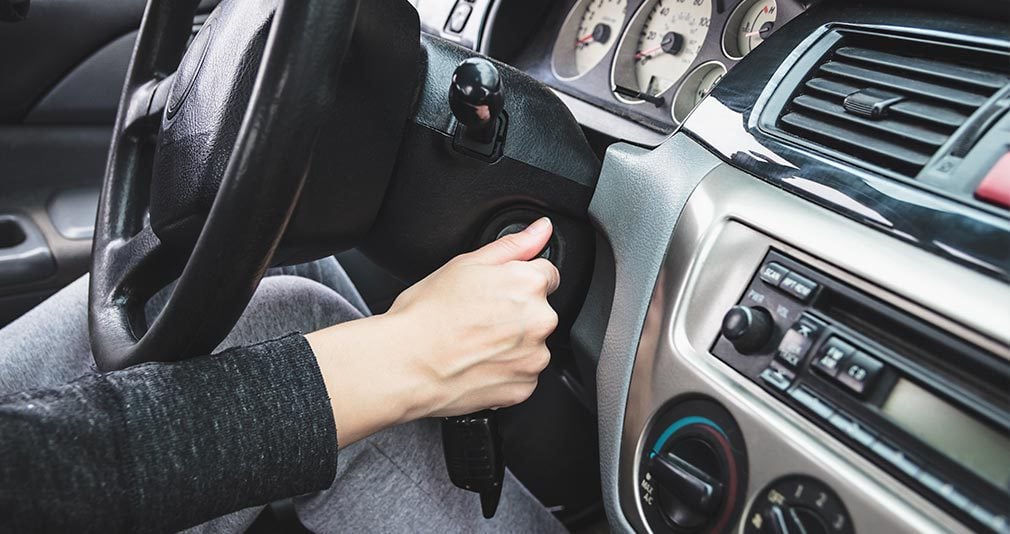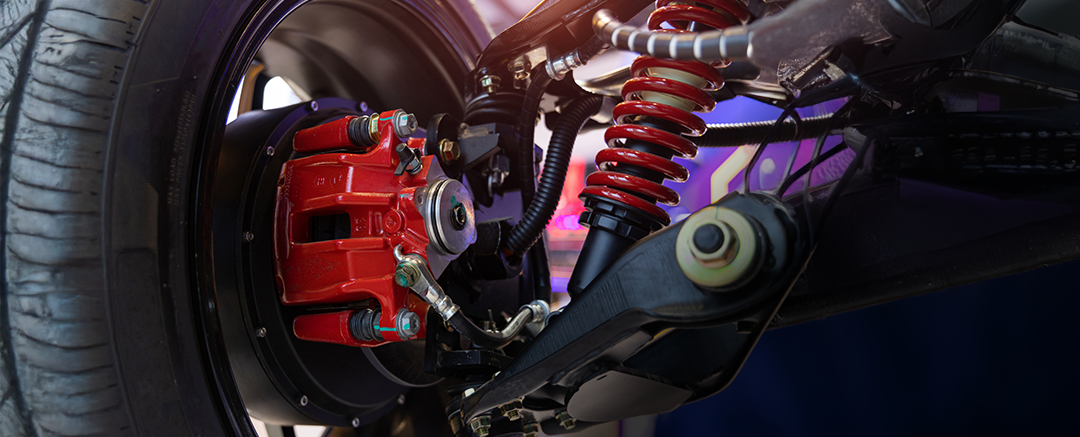We all expect the temperature to rise during the summer months, but when the temperature starts rising under your hood, that’s a whole different story. If you find yourself asking, "why is my car overheating?" addressing the problem immediately is of utmost importance. An overheated engine can leave you stranded on the side of the road and lead to expensive repairs, so it’s important to know what’s causing your car to overheat, how to prevent it and what to do if it happens.
Why Is My Car Overheating?
While it’s common to blame the summer heat for that steam coming out from under your hood, the temperatures alone aren’t enough to make your car overheat. (A car overheats for many different reasons; today, liquid-based cooling systems have replaced the older air-based cooling methods, which is why the weather is less likely to be the culprit for an overheated engine.) Instead, an overheating engine often signals that there’s a problem hiding under the hood.
Generally, what it comes down to is that heat is trapped in the engine compartment. Here are some of the reasons that might happen:
- You have a coolant leak. This is one of the most common reasons your car overheats, so it’s a good place to start looking. There are several different places your cooling system can spring a leak; it could be in your radiator, water pump, hoses or thermostat housing. If you’re able to find this leak you might be able to seal it temporarily, but you should still get your car to a mechanic to make sure that the problem is permanently fixed.
- There’s a problem with the coolant. It used to be that there was only one kind of coolant available for cars, which made it pretty simple to help your car keep its cool. However, today there is the original (green) antifreeze, which is designed to protect the metals in your car’s cooling system, and a newer coolant, Dex-Cool, which is an orange-colored coolant that uses organic acids to prevent corrosion. Mixing the two can cause major damage to your vehicle (and to your checkbook), since they do not interact and will create a thick gel that can’t flow through your system. That’s going to affect everything from the radiator and heater cores to the water pump and head gaskets.
- Your water pump is broken. A car’s water pump plays a critical role in keeping your engine cool. If it’s not able to move the coolant throughout your system, it can cause overheating.
- The coolant hose is blocked. Sediment and dirt from the road can get into your system and prevent fluid from going through the hoses. In this case, having your mechanic flush the system and refill the coolant tank with fresh fluid is the best way to resolve it.
- Your radiator needs repaired. A problem with the radiator fan prevents it from being able to move the heat out of your engine, and that can lead to overheating.
- Your thermostat is stuck. When your thermostat isn’t working properly, it can’t regulate the flow of the coolant. If it is stuck closed, it will completely block the hot coolant from escaping the engine, so before long, your engine will overheat.
- There may be a problem with your air conditioning system. During the summer months, many drivers may find themselves perplexed, asking "why is my AC not working in my car?" The air conditioning system is comprised of several parts, most of which are powered by the engine, causing additional load on the engine. In addition, the AC condenser may be faulty, creating excess heat.
What Can I Do to Prevent My Car From Overheating?
As you get ready for days of fun in the summer sun, it’s a good idea to get your car ready for them, too.
If your battery is more than three years old, consider replacing it, since an older battery has less power and makes your engine work harder. This can cause your engine to overheat — and having a reliable battery is a good idea in any kind of weather.
Having your cooling system flushed and replacing the fluids is another great way to get your car ready for summer and prevent any blockage in your hoses.
Even if you don’t do a complete flush, consider adding coolant. However, as mentioned above, it’s critical that you don’t mix different types of coolants, so make sure you know what is already in your vehicle if you’re adding to it. Engine coolant is oftentimes sold in a concentrated form so you can mix it yourself, but pay attention to the instructions to ensure you have the right mix; an incorrect balance of water and coolant can also lead to problems for your engine.
Taking a good look at your radiator is an excellent preventative measure as well. If the lid comes loose or is damaged, or if the spring is weak or worn, it can affect its ability to maintain pressure in the system. Also, if your radiator has collected dirt, leaves or other debris, it can block the airflow through your cooling system, so give your radiator a good cleaning to clear out any unwanted passengers it might have picked up.
What Should I Do if My Car Overheats?
Even if you’ve taken all of the above preventative measures, you might find yourself in a situation where your engine is overheating. In that case, there are a few things that you can do to resolve the problem safely, such as turning off the air conditioner (which makes the engine work harder) and turning on your heater, which can help move some of the heat out of the car.
As with any kind of car emergency, learning what to do before a problem occurs will help keep you safer and also can minimize the amount of damage done to your vehicle.
The most important thing to keep in mind is that an overheating engine could cause permanent damage to your vehicle, so it’s a good idea to get it checked out by your mechanic even after you’ve cooled it down and gotten back on the road. This will ensure that your vehicle hasn’t suffered any damage and can also resolve any issues that could lead to overheating in the future.

